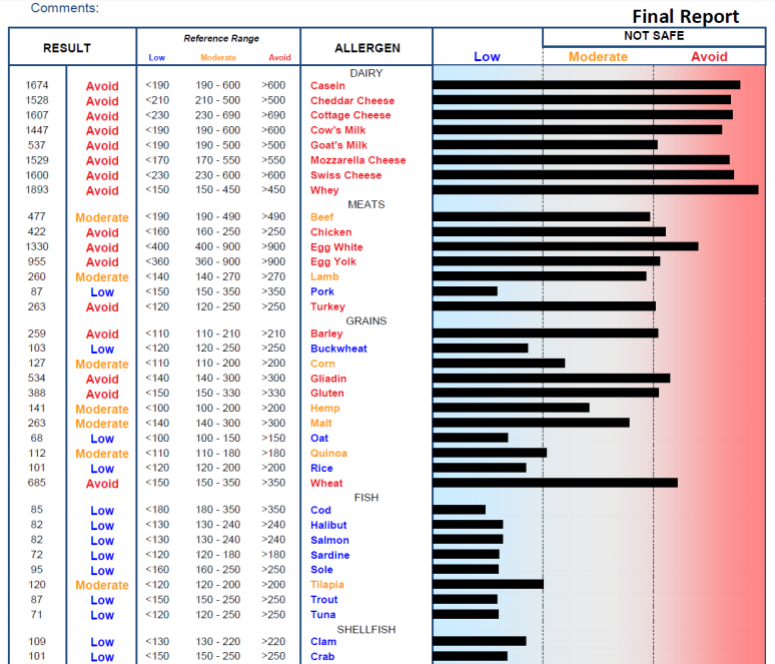Inflammation... A complex biologic process that is initiated by damage to tissues designed to protect, heal and restore function to cells, tissues and organism. It is classically defined by its five cardinal signs: pain, heat, redness, swelling, and loss of function. So what does SIBO have to do with inflammation and food sensitivities? The short answer is that SIBO causes damage to cells of the gut wall in the small intestine.
Enterocytes (the cells that line the small intestine) are joined together by tight junctions, which are small proteins that work to keep the cells stitched together. In this way, they create the protective barrier between the external world (the contents of the small intestine) and the internal world (accessed by our circulatory system). The external world, and all of the “toxins” that are foreign to our system are harmful to the body. When these substances get through the barrier, an inflammatory reaction takes place.
In patients with SIBO, the bacteria produce endotoxins which damage these tight junctions, making them weak and therefore compromising the barrier's integrity. With untreated SIBO and subsequent progressive damage, more bacteria, toxins and undigested food particles can cross into the blood stream. Once across, the immune system protects the organism by identifying them as foreign and mounts an immune response (launches the attack) like they would for any bacteria or viruses. The result is the creation of antigen-antibody complex against the food particles and their proteins. Eventually, the process activates a process known as complement, which allows for destruction of the damaged cells, as well as the bacteria. However, complement creates more inflammation... This creates a vicious cycle of inflammation resulting in additional damage to the intestinal tight junctions and allowing the gut barrier to become even less selective.
Sample Results from a Food Sensitivity Test
So the end result? Patients with untreated SIBO typically also have food sensitivities. Food sensitivities are delayed immune reactions (they don’t occur immediately like a food allergy) and occur up to 72 hours after eating an offending food. Common food sensitivities include reactions to dairy, eggs, wheat, gluten, corn and soy. Food sensitivity testing can identify immune reaction against 95-190 different foods. In order to treat food sensitivities, we must treat the cause, and that includes SIBO Treatment, followed by elimination of the offending foods, and gut healing interventions. While probiotics may help with the integrity of gastrointestinal barrier, a dysfunctional MMC will only cause the probiotics to worsen the situation. This is why it is absolutely necessary to talk with your SIBO Doctor about what is best for your unique situation.
Naturopathic principles include "Treat The Cause" and recognizing that SIBO can be a causative factor for the development of food sensitivities and systemic inflammation is absolutely essential! SIBO Testing and SIBO Treatment should be strongly considered in those with multiple food sensitivities following testing. If you or someone you know has "food sensitivities" and has never considered that their health concerns may have originated from SIBO, contact a SIBO Doctor to get your SIBO Testing done today!


